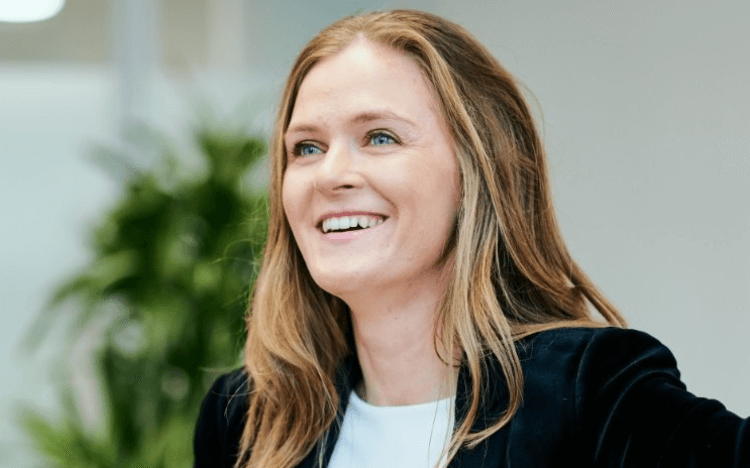They also have the opportunity to pitch to an audience of venture capitalists, managers, professors, and students during the program’s Demo Day.
A big highlight for Adela was a trip to the US as part of the intrapreneurship innovation module. Students learned how business is conducted in the US, whether US companies are risk-averse, and what drives their business decisions.
“It’s very different to Europe, which was really useful to learn and experience,” she explains, “especially when I think about how my own business ventures might best infiltrate that market.”
Nikolaus Franke, the academic director of the MBA in Entrepreneurship & Innovation, says the program takes the approach that learning business theory in the classroom simply isn’t enough.
“Entrepreneurship and innovation aren’t armchair philosophy––it’s about getting something done,” he explains. “The real learning takes place when students apply this knowledge to practical problems. It’s done through practice.”
The MBA in entrepreneurship strikes the balance between theory and practice
There is such thing as a “theoretical entrepreneur”, which Nikolaus believes isn’t the most efficient way to learn about entrepreneurship. In the same way 100% practical experience doesn’t work either. 
It’s a balancing act of learn and apply, learn and apply.
“All teaching on the program is interactive in nature; content is not just presented one way, we encourage discussion,” Nikolaus explains.
“A specific element of this MBA is the inclusion of at least one practitioner in every module, which basically means we provide a top-ranked practical expert overseeing the module content as well.”
Due to the part-time nature of the program students are able to apply the module content to practical problems they face in their real working lives. The MBA’s final thesis involves a practical problem that students must solve using the methods and concepts they’ve learned.
This is all happening amid constant peer-to-peer discussion, a key takeaway for professionals on the program.
“What I hear from most students at their graduation is how they underestimated the value of peer-to-peer learning. After all, our students may share an entrepreneurial mindset and have a lot of potential, but they come from very different industry backgrounds, cultures, and education.
“By the end of the course, the peers you meet always prove to be an incredibly valuable network graduates can draw on for years afterwards.”







